I’m thinking about how many times in my life someone has asked me this question . . .
“What Do Mermaids Eat?”
Ah hah! I remember. ONE TIME!
That was when my unpredictable, truly fascinating Japanese wife was sitting across from me in a café on Taketomi Island, Okinawa.
We had just come from swimming at a lovely beach. Unfortunately, the water was very shallow and the entire seabed was covered with sea cucumbers. We had to walk very carefully, scoping out the sandy bottom every step we took.
Sea cucumbers in a word are disgusting! They are ugly tubes of squishy flesh that seem to have no purpose on the planet. They don’t move. They just lay there. If you’re unlucky enough to step on one, it’s an unpleasant sensation, like stepping on an intestine.
We survived the attack of the sea cucumbers — now there’s a great movie title if I ever heard one — dried off, then stopped at the café on the way back to our guest house. While we ate a snack lunch, we were engaged in light conversation, generally in very high spirits, being in the luxurious warmth of the sun and pleasant blowing breeze of this Japanese paradise. I made a few more wise cracks about how repulsive the sea cucumbers were, how drab and pointless their lives are, and asked jokingly, “What the hell do those things eat?”
Masumi smiled and said, “And what about mermaids? What do mermaids eat?”
That was the one time. And it became the inspiration for my latest book!
After several years in development, this fantasy/travel/cookbook will be available next month. And yes, you’ll find out first hand the answer to this salient, very thought-provoking question.
I promise you: It’ll be fun. It’s a book to treasure over the years, guaranteed to bring smiles to anyone who reads the stories.


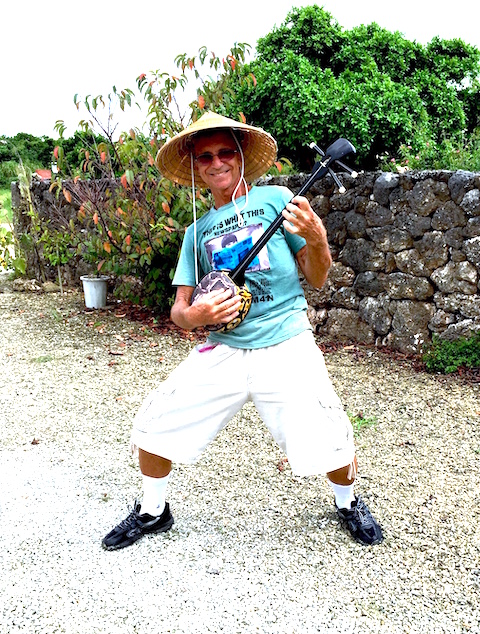
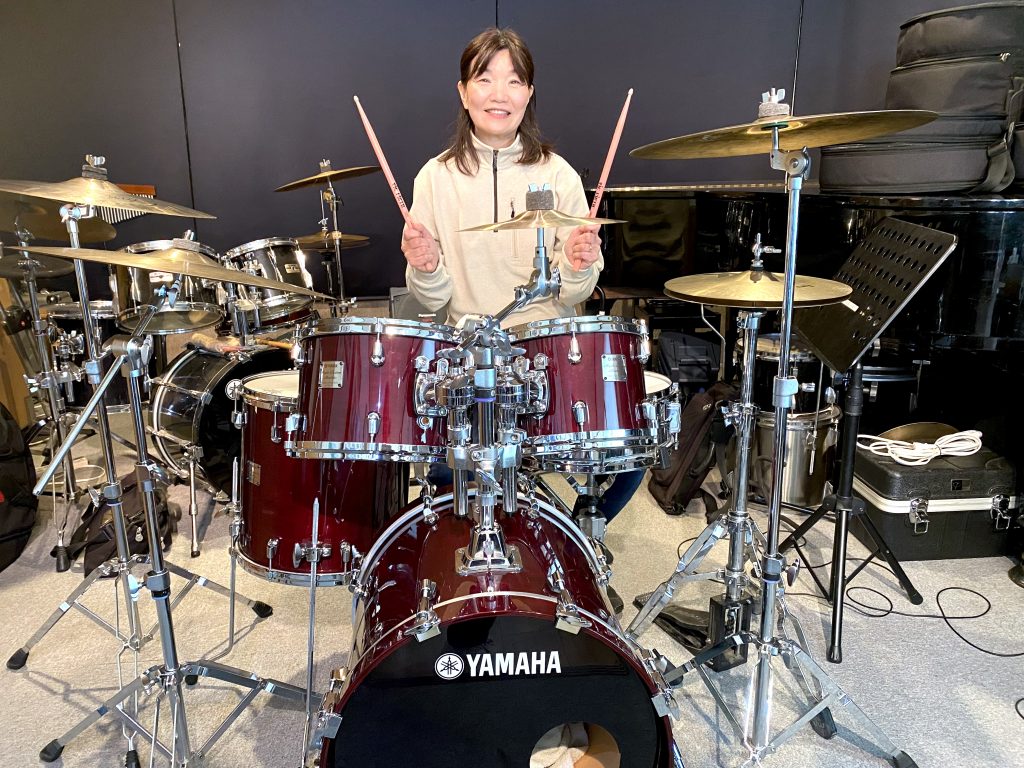
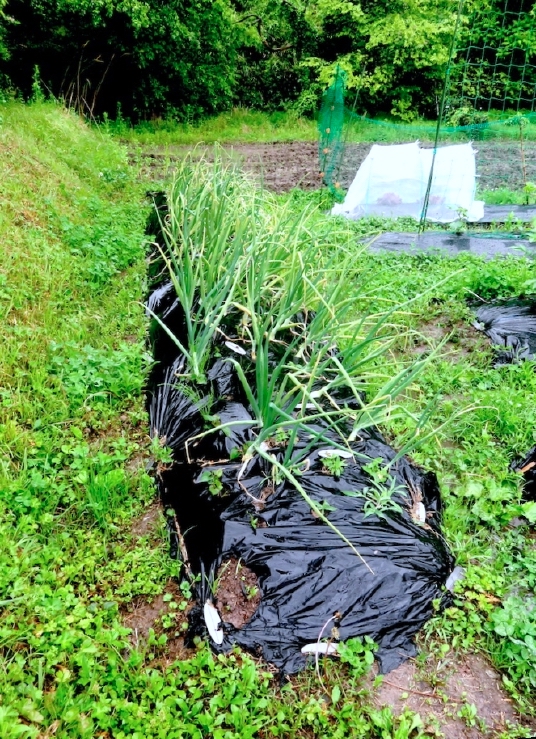

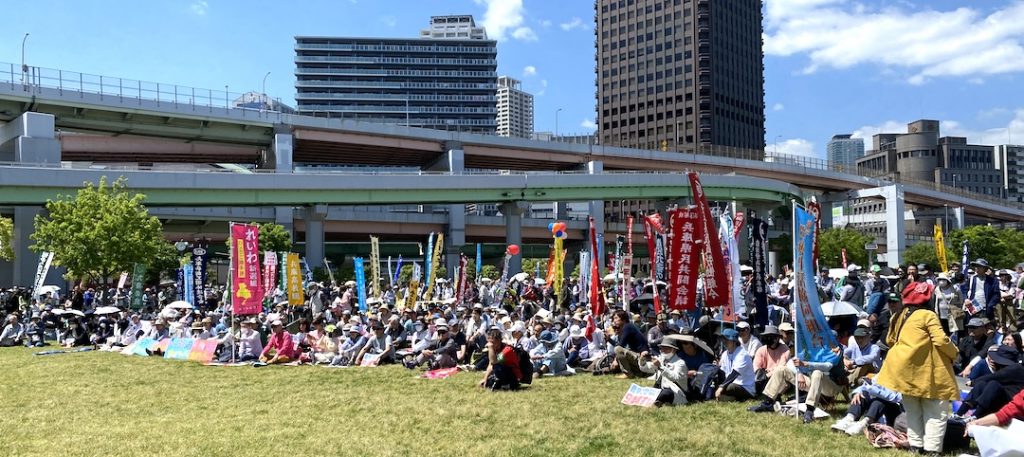

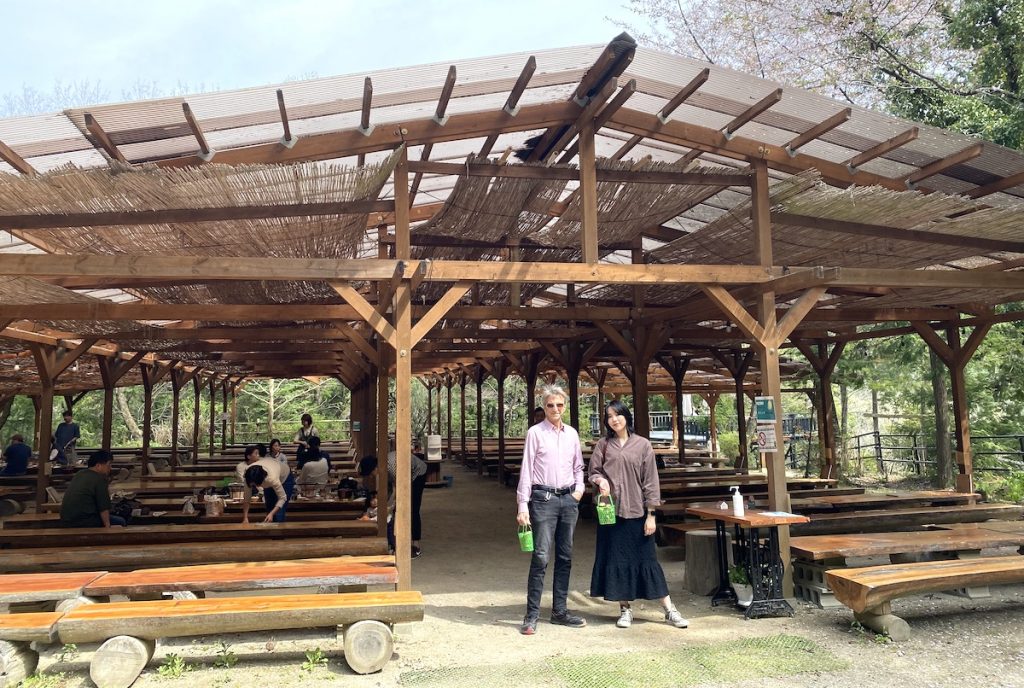
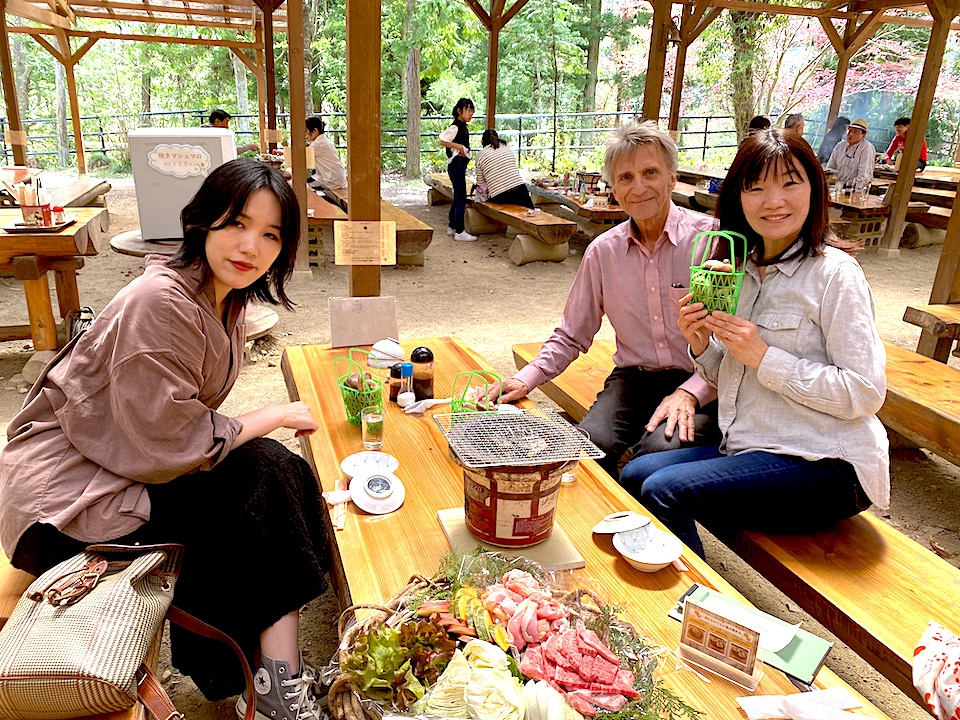
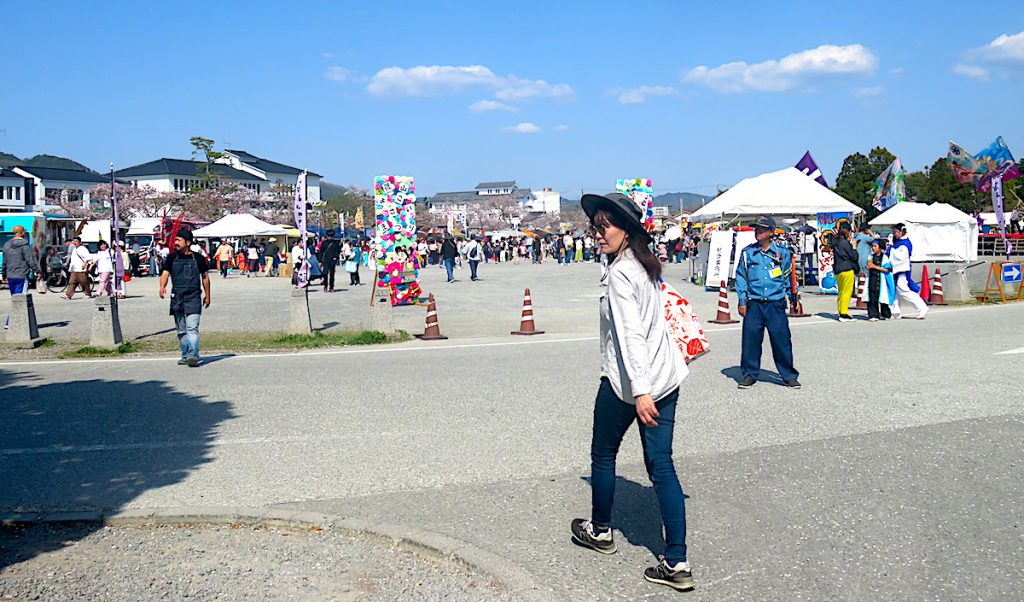
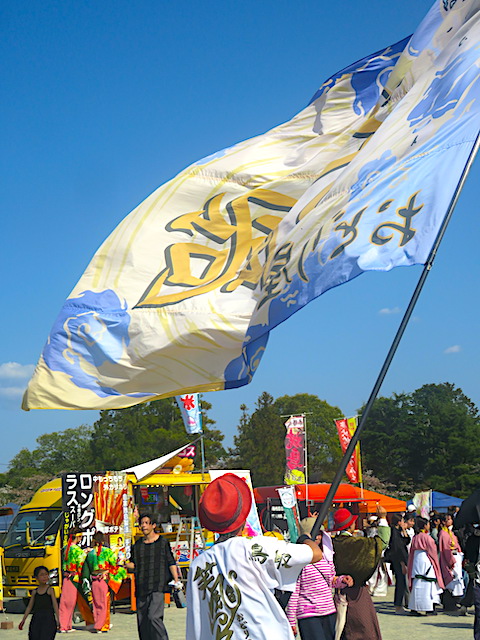
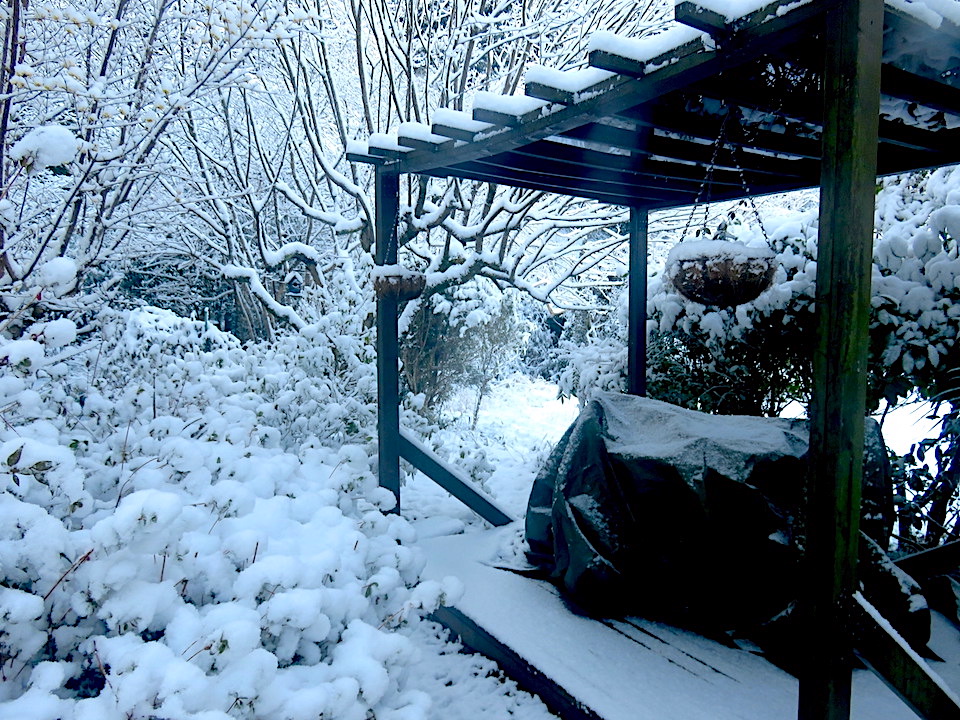
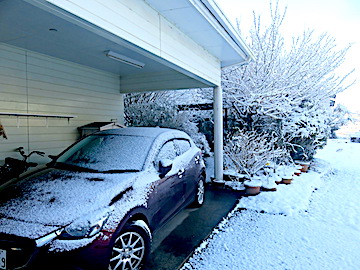

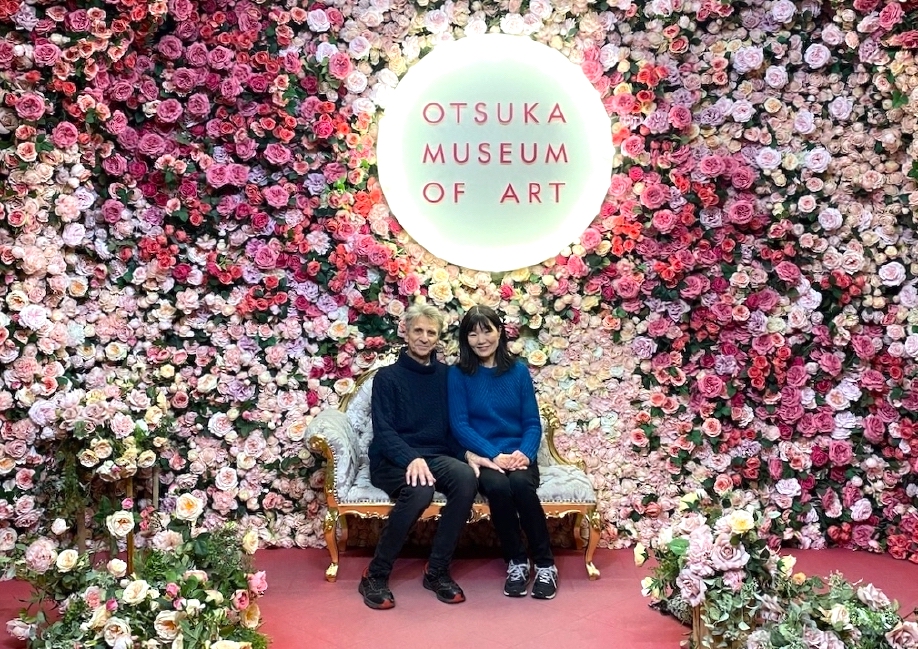
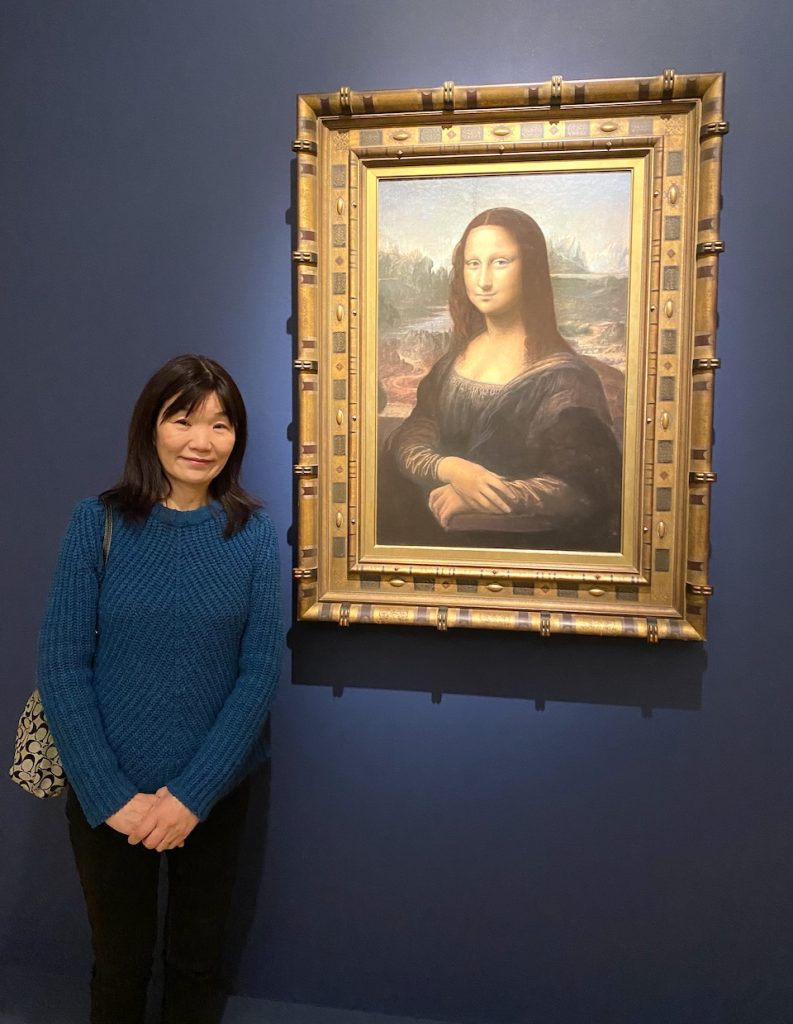
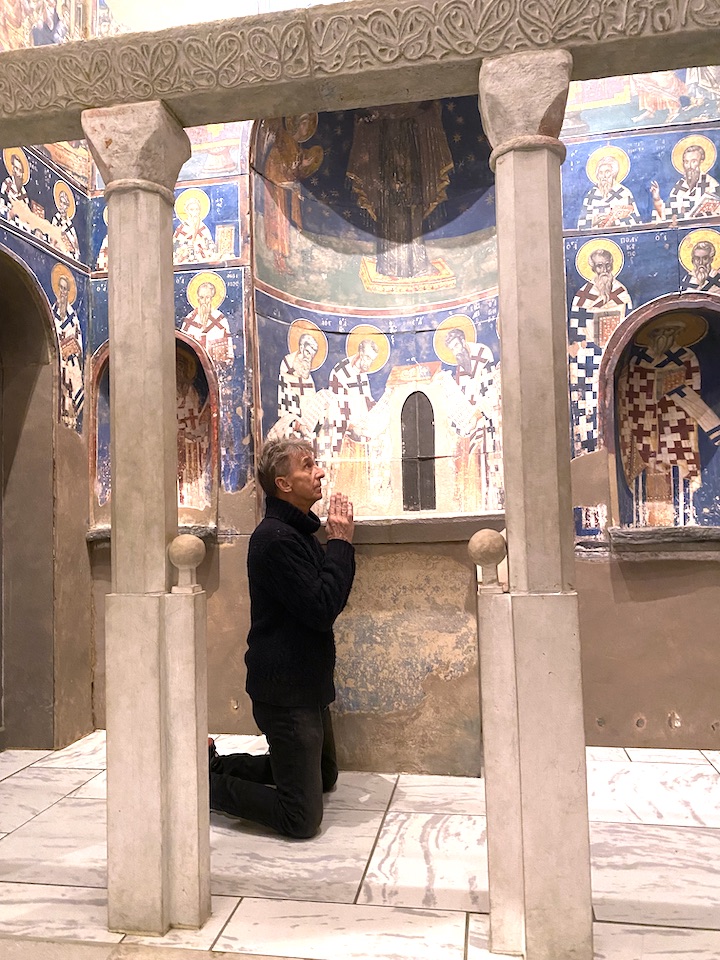
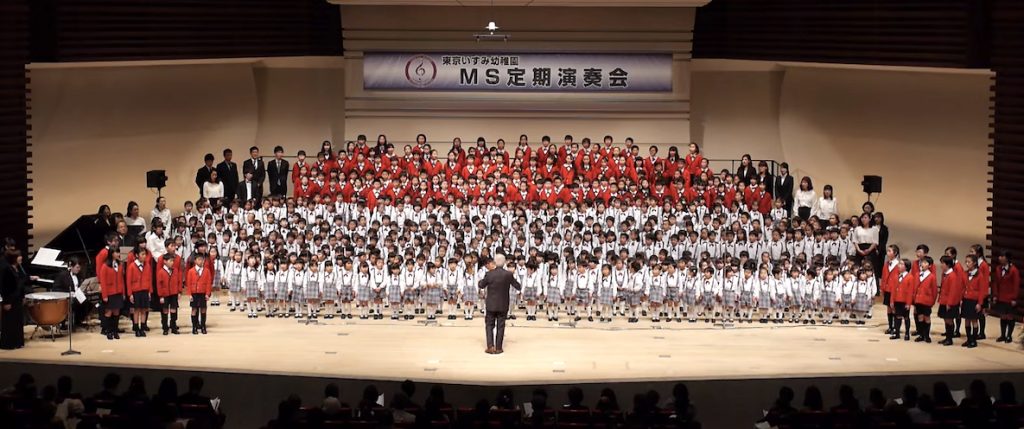
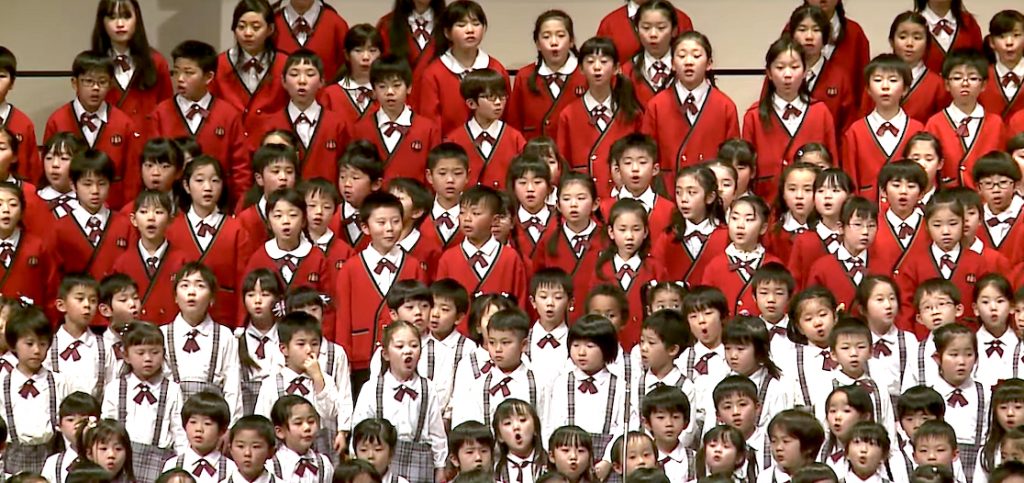



Life In Japan: Monkey Attack!
In all the years I lived in America, I can honestly say I never had what happened to me this morning ever occur even once. Not in Michigan, Florida, Oregon. Not even in California, where there are no limits on the craziness.
My wife and I were finishing breakfast this morning and when we looked out the back window on the forest that is adjacent to our property, there was a MONKEY!
I know the photo makes it look like it’s watching TikTok on an iPhone, but he was actually munching on a potato he got from someone. Maybe us?
While usually such sightings are quite rare, monkeys are very much a part of the “fabric of like” here. Let me elaborate.
Understand that they can be very troublesome. Several monkeys can wipe out an entire garden in one raid, the veggies it took two or three months to grow. At the same time, our city officials don’t want to mercilessly eliminate them. After all, before we humans came along, this was their land. They are part of the eco-system here that has thrived for millennia.
We have five groups of monkeys — groups are extended families or communities — A through E. Group D is the most aggressive, or as we humans might say, the one that shows the most initiative. The groups are dispersed throughout the area, but it’s Group D that makes its presence felt around our house. Lucky us!
The monkey groups are tracked by the city government. There are chips inserted in members of each group. When possible, the city lets us know when a raiding party is moving in on a particular location.
Citizens report sightings as well. Right after we saw the monkey this morning, I alerted a neighbor, a gentleman who serves as the unofficial monkey policeman. Immediately, another neighbor phoned a report into City Hall. Our own monkey sheriff grabbed some fireworks launchers — these are hand-held tubes that fire a round of three explosive charges high into the air — and he set them off. The explosions are very loud, but I have a suspicion the monkeys are used to them and just ignore them.
It was community work day, so I left to work. While I was cutting weeds around our village shrine . . .
. . . my wife Masumi had two more visits by our encroacher.
I can’t blame the monkey. It’s spring and there is an inviting assortment of vegetables growing all around to select from. Time to catch up on eating after the sparse winter months.
As I’ve often said, the excitement never lets up here!
Do you doubt it?